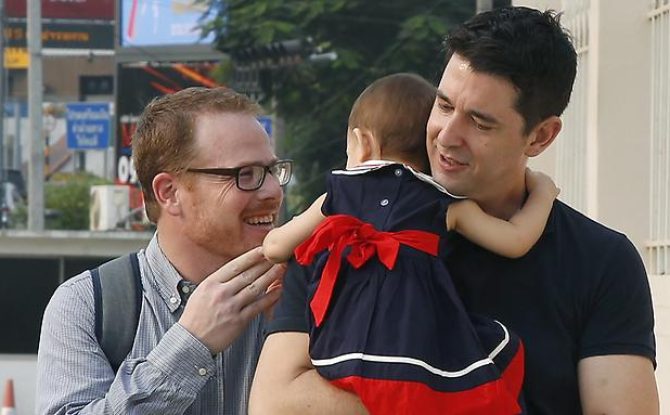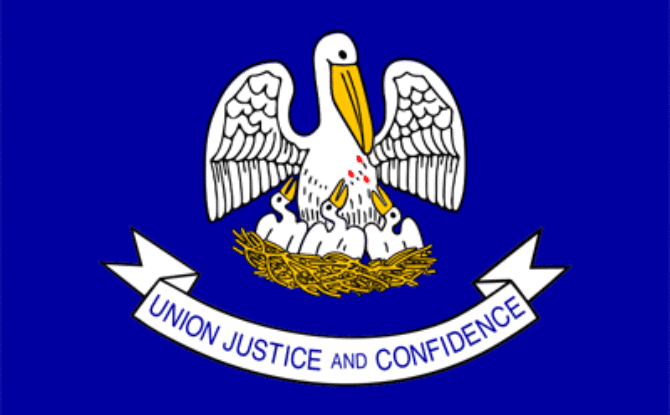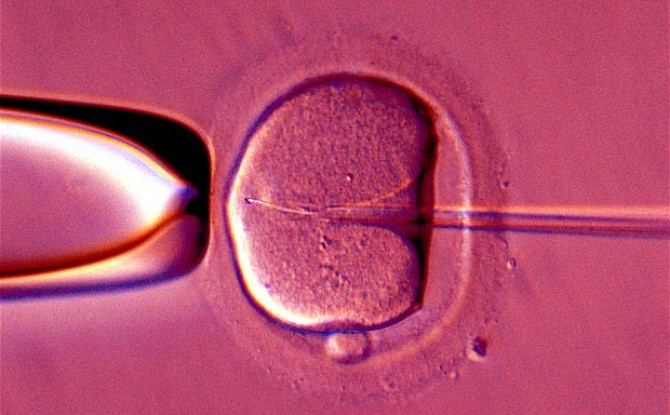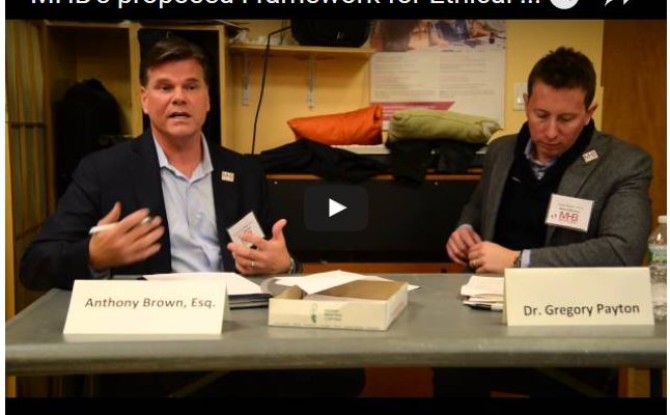International surrogacy poses many questions, and potential obstacles for gay couples.
A gay couple made global headlines last year when their plans for having a baby together went horribly wrong. Manuel Santos and Gordon Alan “Bud” Lake III chose to move forward with a surrogate in Thailand, but after their baby was born, the surrogate refused to sign the final papers, chose to back out of the contract, and eventually decided to fight for custody. International surrogacy was back in the news.
Their case eventually went to court, but was complicated by the fact that the law in Thailand does not recognize same-sex marriages. On top of that, a new law that bans commercial surrogacy went into effect after their baby was born. The odds were stacked against them and the couple had to turn to crowd-funding to help pay for the legal fees and the costs of staying in the country during the battle. 
“Our lives have been turned upside down,” the couple explained on Fundly. “Our jobs are in danger, our family is now divided, false allegations and criminal charges have been brought against us. What was supposed to be the happiest time of our lives, bonding with our new baby girl — our daughter and our son’s new little sister – has turned into an absolute nightmare.”
I’ve heard similar stories like this before. I recently published a book titled, Journey to Same-Sex Parenthood: Firsthand Advice, Tips and Stories from Lesbian and Gay Couples, to help LGBT people understand the pros and cons to the various paths to parenthood. The book compares adoption, surrogacy, foster care, assisted reproduction, and co-parenting. One section in the book tells the story of David and Josh, a gay couple who decided to have a baby through international surrogacy but wound up stranded in India for a month after the government refused to grant exit visas for their newborn twins.
David and Josh were eventually allowed to bring their children home to the U.S. I’m also happy to announce that on April 26, Santos and Lake won their court battle in Thailand too, although the couple is still not able to take their child out of the country right away because of the possibility of an appeal by the surrogate mother.
I don’t want to make it sound like surrogacy is bad, or that all people who choose international surrogacy are destined to have horrible experiences, but I do want to raise awareness about the challenges that LGBT people may encounter when choosing to move forward on this path. Here are the top three things you should be aware of when considering international surrogacy.
Possible legal complications – If you are thinking about going to another country for surrogacy, consider the potential emotional and financial cost if you run into complications. Depending on your situation, you may not be able to bring your baby back to the United States or you may have lengthy delays before you can return. International surrogacy is complex and doesn’t have clear protections. Do your research to understand what legal rights the surrogate will have if any, and how the county protects LGBT couples. Consult with a lawyer that specializes in international surrogacy prior to moving forward so that you can be knowledgeable about the situation ahead of time.
Possible breach of contract – Even though all parties sign a contract in the beginning, it is still possible for a surrogate to violate her end of the agreement. There is a risk the birthmother could voluntarily have an abortion without the consent of the intended parents or refuse to have an agreed-upon abortion when recommended by the physician. It is also possible that the surrogate could use drugs, consume alcohol or fail to follow other behavioral restrictions laid out in the contract. In the case of Santos and Lake, the surrogate decided to back out of the contract all together after the baby was born.
by Eric Rosewood, HuffingtonPost.com, April 28, 2016
Click here to read the entire article.


















 Superior Court of PA Rules to Enforce Gestational Surrogacy Contract
Superior Court of PA Rules to Enforce Gestational Surrogacy Contract